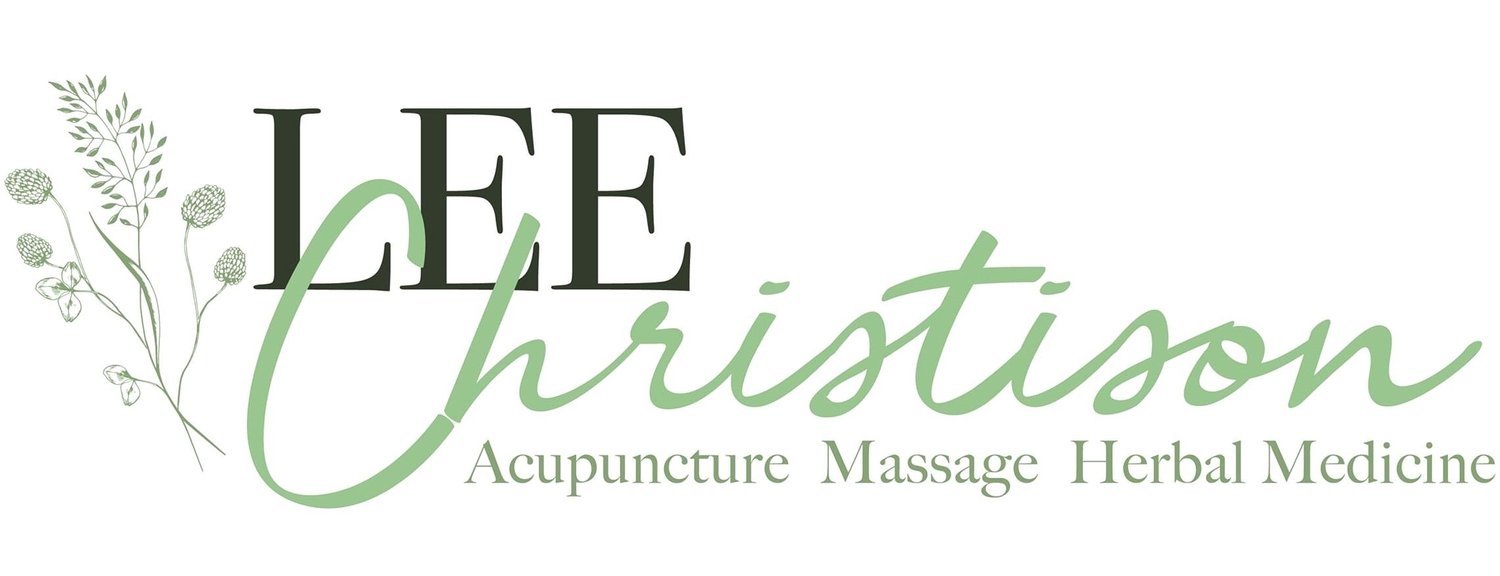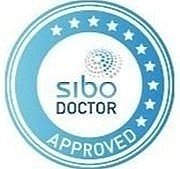Importance of a Healthy Gut and Microbiome
“All disease begins in the gut” said Hippocrates nearly 2500 years ago. There is much truth in this statement, especially given the mounting evidence demonstrating the links between nutrition, gastrointestinal health and the health of all other systems in the body. Gastrointestinal health is the foundation of all health.
What is the Microbiome?
The human microbiome (the genome of all our microbes - bacteria, viruses and fungi)) has become a big focus area in health in the last decade. Advances in genome sequencing technologies have allowed scientists to study and categorise the microbes that live in our gut, on our skin and other areas of the body. We now know that the human microbiome has essential functions which include; priming our immune system, defence against invading pathogens, nutrition extraction from foods that we eat, synthesis of vitamins , as well as an influence on human mental health. The microbiome is an essential part of the human body, without which, we cannot not function in a healthy state.
Poor microbial health in the gut can be associated with the following conditions and symptoms
SIBO (Small Intestine Bacterial Overgrowth)
Bloating, excessive gas production, abdominal pain and discomfort
Reflux and Gastritis
IBS, IBD
Chronic constipation or diarrhoea
Parasites
Food allergies and intolerances
Autoimmune Conditions
Migraines
Skin rashes (hives), eczema, psoriasis
Fatigue, brain fog, headaches
Iron deficiency anaemia and other nutrient deficiencies
PMS, menstrual irregularities, PCOS, endometriosis
Symptoms of Suboptimal Gut Health
Bloating
Abdominal Pain
Diarrhoea or loose bowel movements
Constipation or sluggish digestion
Reflux, heartburn
Bad breath (halitosis)
Food intolerances
H.pylori infection
History of parasites
In some cases, women’s health and the menstrual cycle can be adversely effected by gut dysfunction
What is Small Intestine Bacterial Overgrowth (SIBO)?
SIBO can be a debilitating condition and effects millions of people worldwide. There is a strong link between Irritable Bowel Syndrome (IBS) and SIBO, with recent studies suggesting that SIBO may be the leading cause of IBS.
SIBO is a condition involving overgrowth of bacteria in the small intestine, which can lead to many digestive symptoms such as, bloating, diarrhoea, constipation and excess gas, to name a few. Bacteria, which are normally found in the large intestine, migrate up to the small intestine and grow out of control. Abnormal levels of bacteria in the small intestine lead to problems such as; malabsorption of nutrients, improper gut motility, ‘leaky gut’, fungal overgrowth in the intestines and food intolerances. These issues can then lead to secondary health problems in other systems of the body.
SIBO can be treated effectively with specific dietary changes and a supplement protocol, which usually last 3-6 months. Complex cases can take longer to treat and manage.
If you have IBS or unexplained chronic digestive issues, then you may need to be tested for SIBO. Testing involves a breath test, which can be done at home.
For more information contact me for an appointment







